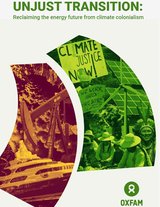Briefs
Search briefs
-
Briefing paper
Resisting the Rule of the Rich
Protecting Freedom from Billionaire Power
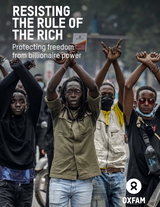
-
Briefing paper
A U.S.-Led G20 for the Billionaires? A Primer
What to expect from the 2026 U.S. G20 Presidency
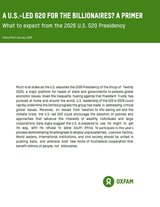
-
Briefing paper
US Tariff Wars and Inequality
This discussion paper explores the nature and consequences of new US tariffs and trade policy in 2025 – in particular their interaction with economic inequality domestically within the US, and internationally, an area that requires greater attention. It shows how current tariffs risk deepening domestic inequality and exacerbating global disparities. The paper suggests principles and policies that can advance a better and proactive alternative approach for trade, premised on reducing inequality and addressing injustice within and between countries.
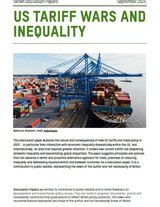
-
Briefing paper
Climate Plunder
How a powerful few are locking the world into disaster
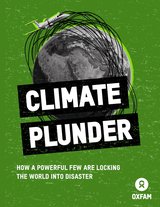
-
Briefing paper
Critical Mineral Security and the Social License to Operate
As the U.S. and other Western countries rush to secure access to critical minerals, companies face pressure to move quickly and dispense with environmental and social protections. This briefing note argues that such an approach will backfire.
Earning and maintaining a social license to operate from local communities is essential for project sustainability, reliability, and supply security. Without it, social conflict and litigation brought by affected communities can halt mineral extraction or force project abandonment, disrupting critical mineral supply chains.

-
Briefing paper
Unjust Transition: Reclaiming the Energy Future from Climate Colonialism
The global energy transition stands at a pivotal moment: it can either dismantle the inequalities driving the climate crisis or deepen them.
